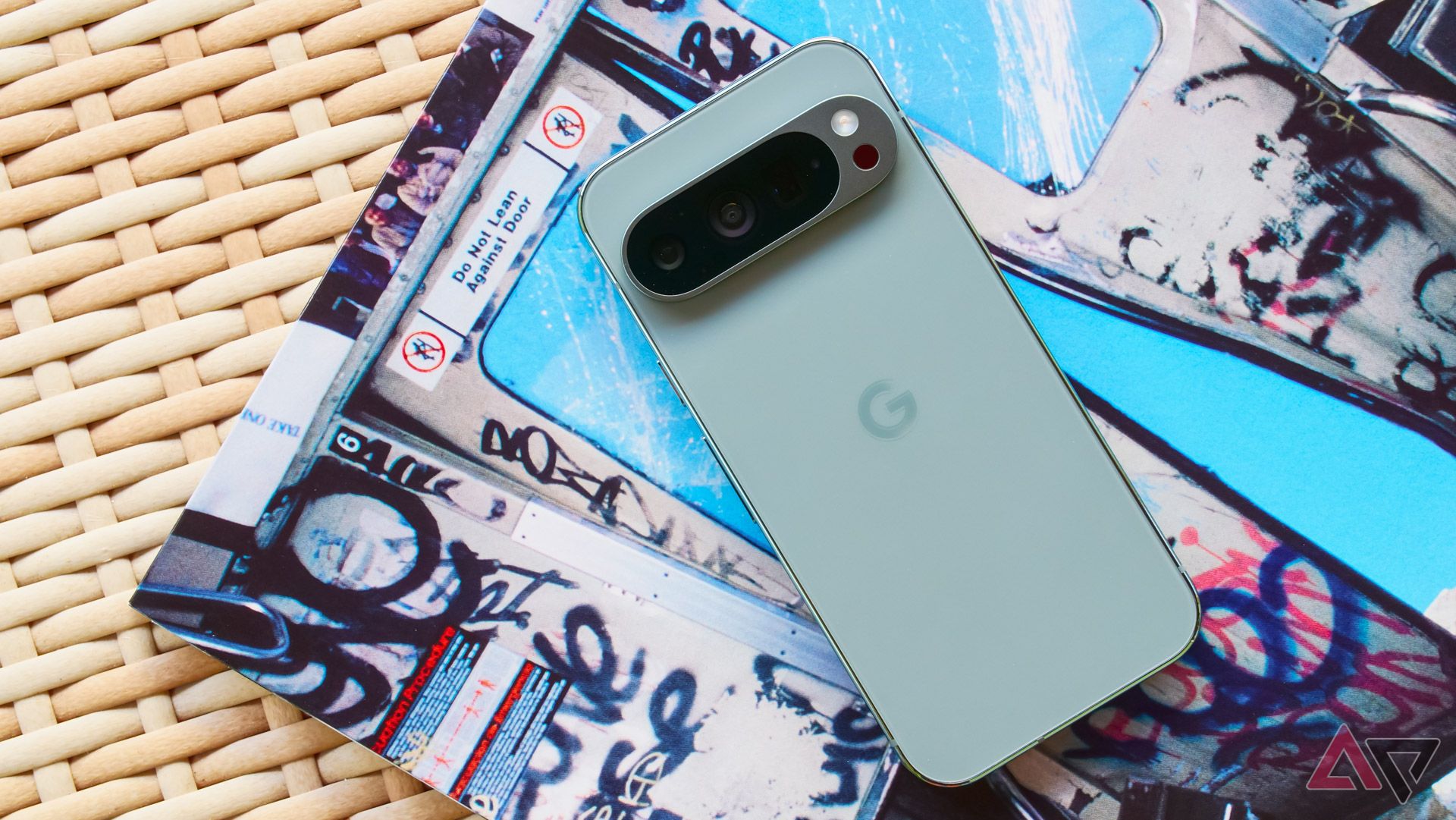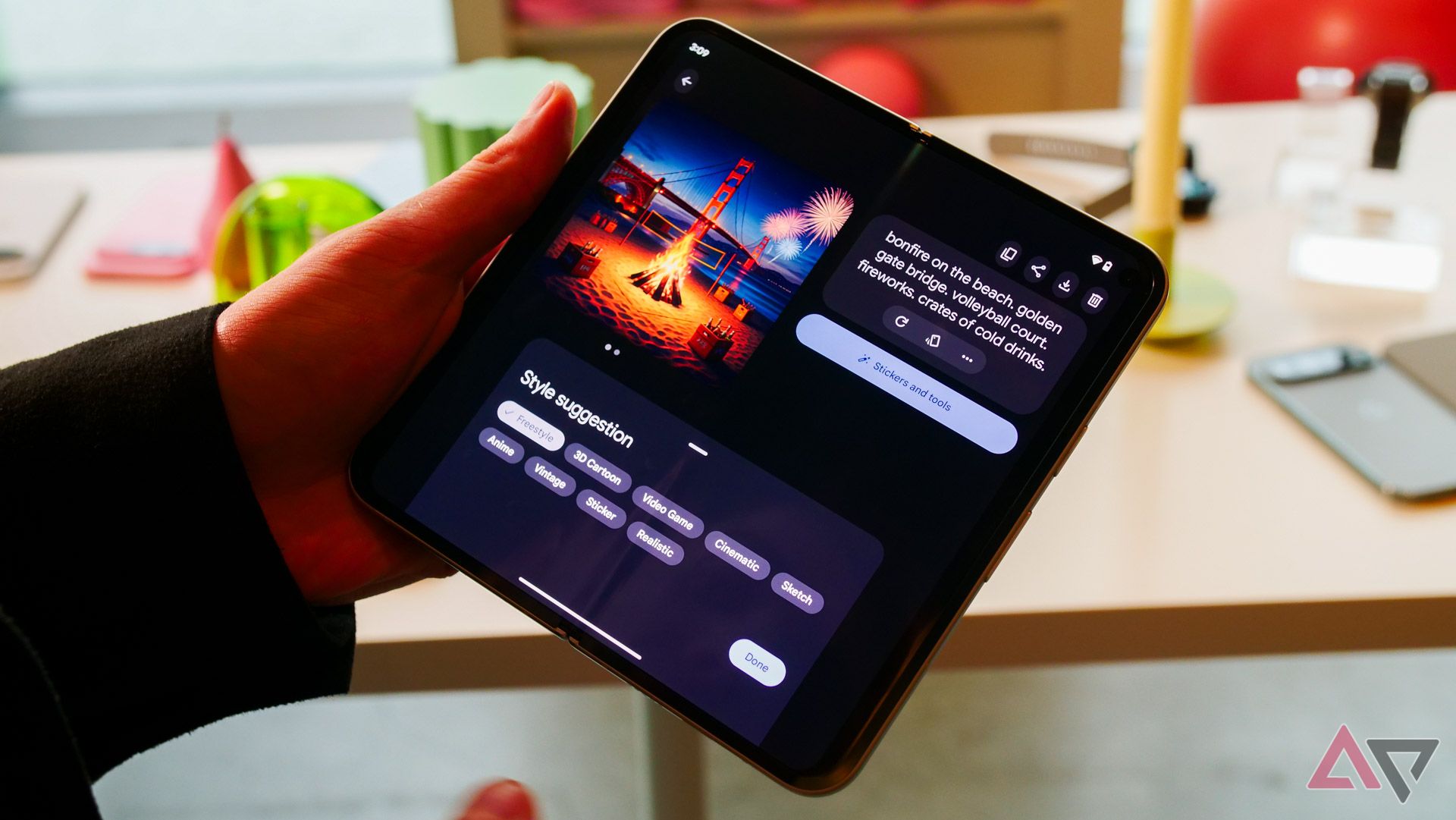I thought we were finished with vaporware in the late ’90s. Back then, companies raised money or generated sales based on promised features they hoped they could deliver later. This tactic was effective during the dot-com boom, as investors feared they would miss out on the next Microsoft if they didn’t get in early. Many products didn’t pan out, and companies went under after the market turned, with most technology stocks sustaining heavy losses.
Smartphone companies are bringing vaporware back. I don’t think Apple and Google are going out of business. Still, they are aggressively selling products on the promise of future features. It’s a disturbing trend, and I don’t want to see it open the door to more malicious intentions.
We didn’t get here by accident
Companies hope to fix it in post
We’ve been headed down a dangerous path for years. Even though the internet is a valuable tool for updating devices after they are released, it can also become a crutch for companies to push products that aren’t ready. Game developers almost exclusively launch titles in alpha and beta stages despite charging full price, using the development stage to raise money and insulate themselves from criticism. We’re paying for the privilege of testing games and phones without a discount for our trouble.
Game developers almost exclusively launch titles in alpha and beta stages despite charging full price, using the development stage to raise money and insulate themselves from criticism.
I understand the need to patch phones after release as new vulnerabilities are discovered. It’s also useful when companies add new features over time. Hopefully, they only add to a complete experience, not filling in items they should have included on launch. I notice companies drifting towards the latter, selling smartphones today on the promises of software features and functionality tomorrow.
AI seems to be the biggest offender
Google and Apple need to give you reasons to upgrade
I couldn’t believe what I saw during the Apple iPhone 16 series reveal. Apple hard-sold Apple Intelligence as the main reason to upgrade to an iPhone 16. Apple Intelligence is only starting to roll out in October, and the entire slate isn’t expected for months. It’s impossible to evaluate the iPhone 16 without its core features fully, but Apple wants us to believe it’s worth buying on the promise that everything will work well when released.

Read our review
The Pixel 9 Pro is Google’s Goldilocks flagship
Not too big, not too small; just right
Google also presented features during its Pixel 9 reveal that wouldn’t be available until later. The company was less blatant than Apple, as the Pixel 9 and Gemini could handle a number of the features on launch. However, it still blurred the line, presenting new AI functionality with a mention at the end of the demo that it was still upcoming.
It isn’t that I don’t trust Apple or Google. I believe we’ll get Apple Intelligence at some point, and I’m confident most of the features will work well. Still, it’s a horrible precedent to set. As companies increasingly depend on AI to differentiate their phones, I fear we’ll see more of this. It will become tougher to distinguish which features we’re getting with the phone on day one.
Opening the door for the dishonest
Companies might take advantage
Apple and Google might not disappear into the night with our money, but that doesn’t mean other companies won’t try. I don’t want to get into a cycle where it becomes the norm to release products without their core features. Eventually, someone isn’t going to deliver on promises. It’s happened before, and even Google has a poor track record of following through with projects that fall out of favor.
I don’t mind companies announcing future features or stating they’re planning additional functionality. However, I take issue with demoing those features and making them the entire basis for buying a new device, as was the case with the iPhone 16. We need to make buying decisions on what a phone offers on Day 1 because anything else is a slippery slope.
We need to be vigilant
As we saw with the Rabbit R1, the chances of a company releasing all the promised features drop to almost zero if a product doesn’t pan out. I want updates and feature drops to revert to being bonuses. I want to buy a product based on what it can do today, with future functionality becoming why I stick with the brand. I’m tired of paying the full price to be a beta tester, and in the case of phones like the iPhone 16, I don’t even have anything to test yet.



